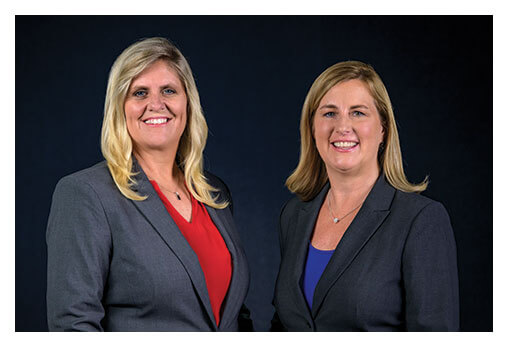What to Keep in Mind When Filling Out Social Security Disability Forms
To get disability benefits, you’ll have to prove to Social Security that your health has forced you out of work, and you won’t be able to return for at least a year.
Statistics show that your application will probably be denied . It’s easy to make mistakes if you do it on your own.
These are some of the top tips from our Indiana disability advocates for how to fill out Social Security Disability forms:
- Answer every question, even if you have to say “not applicable” or “information not available” on some.
- Give complete answers, providing a full picture of your situation.
- Provide correct information. Errors can trip up your claim.
- Don’t hold back on details of how difficult your health problems are for you. This is not the time to put your situation in the most optimistic possible light.
- But don’t exaggerate, either. Overstating things can be a problem later when a claims examiner or disability judge looks at your case and sees discrepancies.
- Supporting documents are important, too, such as medical records. Make sure to include those.
You can talk to an experienced disability advocate from Hanley Disability, FOR FREE, to learn more about what you will need for your disability claim.
Start with a Free Consultation!





